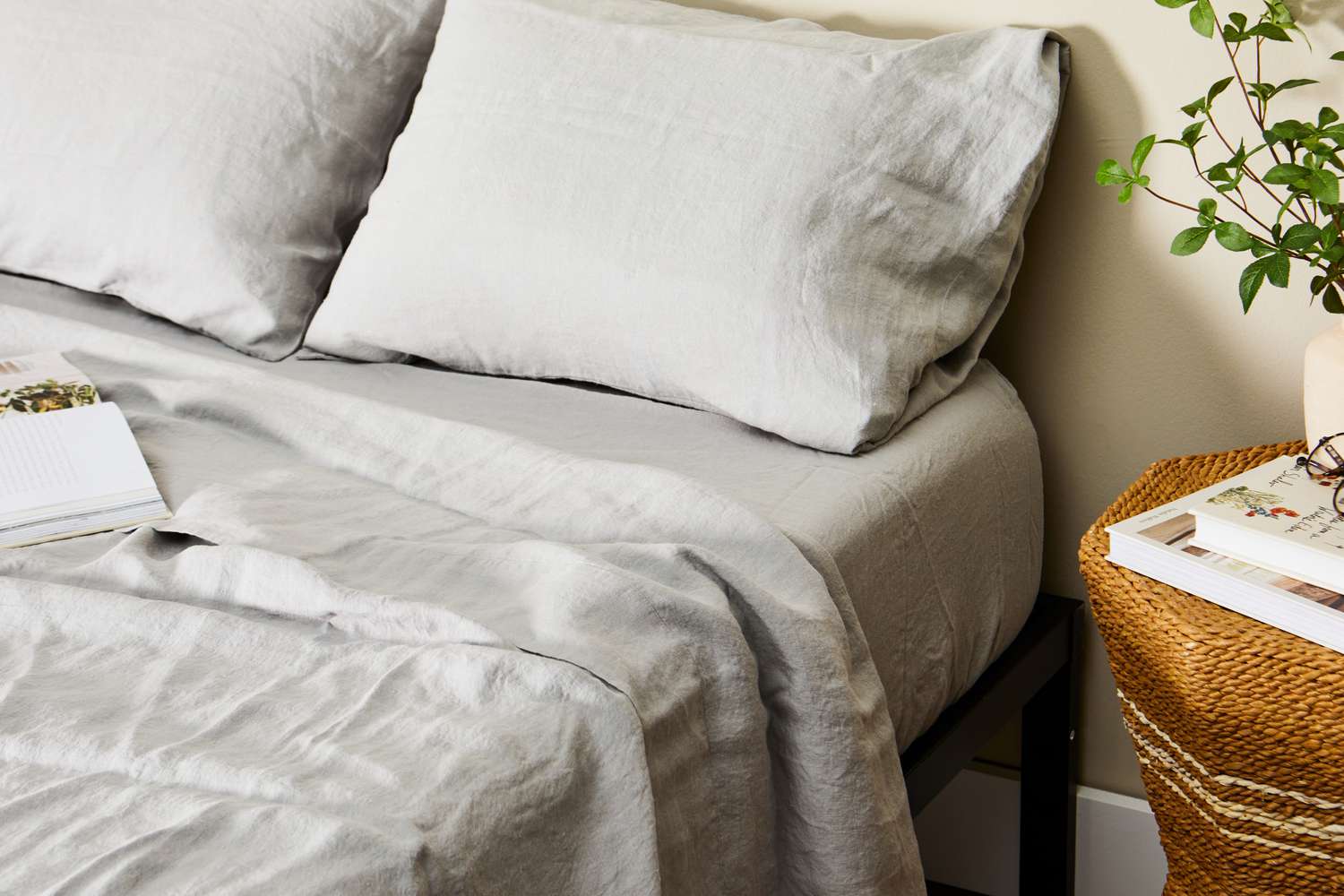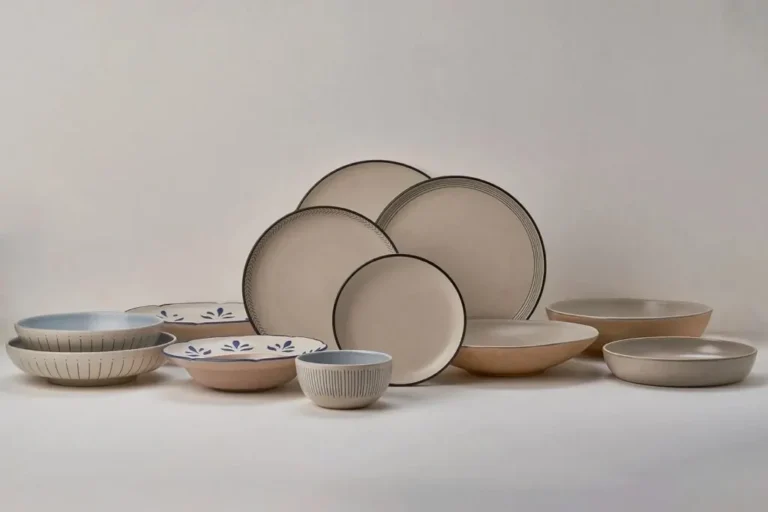Complete Guide to Choosing Organic Bedding for Better Sleep

A restful night’s sleep is essential for overall health and well-being, and the quality of your bedding plays a significant role in achieving it. Many people are now turning to natural alternatives, especially organic fabrics, to improve their sleep quality while also supporting sustainability. Choosing the right organic bedding can feel overwhelming with so many options available, but understanding what to look for can make the decision easier and more rewarding.
Why Organic Bedding Matters
Organic bedding is made from materials cultivated without harmful chemicals, pesticides, or synthetic additives. This makes it a healthier choice for your skin and respiratory system. Unlike conventional bedding, organic options prioritize natural comfort and long-lasting durability. They are also environmentally friendly, reducing water consumption and chemical waste during production.
For those who want to combine wellness with eco-conscious living, exploring high-quality organic bedding is an excellent step toward creating a healthier sleeping environment.
Key Benefits of Organic Bedding
Health and Comfort
Organic fabrics are naturally breathable, hypoallergenic, and free from harsh dyes or toxins. This makes them ideal for people with sensitive skin or allergies. They regulate temperature better than synthetic materials, helping you stay cool in summer and warm in winter.
Durability
Because organic fibers are not exposed to harsh chemicals during processing, they tend to be stronger and last longer. Investing in organic bedding means you won’t have to replace sheets and quilts as often, saving money over time.
Environmental Impact
Sustainability is a core advantage. Organic cotton, linen, and other fibers use less water and avoid pesticides that harm ecosystems. Choosing organic bedding supports responsible farming and ethical production practices.
Types of Organic Bedding to Consider
Organic Cotton Sheets
Organic cotton sheets are soft, breathable, and versatile. They are one of the most popular choices for households making the switch to sustainable living. Look for Global Organic Textile Standard (GOTS) certification for assurance of authenticity.
Organic Linen Bedding
Linen derived from organic flax is highly durable and becomes softer with every wash. It is naturally moisture-wicking and resistant to bacteria, making it perfect for warm climates.
Organic Quilts and Duvet Covers
Organic quilts and duvet covers provide warmth without exposing you to synthetic fillers or chemically treated fabrics. Many options use organic wool or cotton for insulation.
Mattress Protectors and Pillow Covers
Even accessories like mattress protectors and pillow covers can be made from organic materials. They help extend the life of your mattress while maintaining a toxin-free sleeping surface.
How to Choose the Right Organic Bedding
Check Certifications
Look for certifications like GOTS or OEKO-TEX, which guarantee that products meet strict environmental and health standards.
Match Fabric to Climate
Consider your local climate when choosing fabrics. Organic cotton is versatile, linen works well in hot and humid conditions, while organic wool offers warmth in cooler seasons.
Consider Thread Count and Weave
Thread count and weave impact softness and durability. Percale offers a crisp, cool feel, while sateen is smoother and silkier.
Budget and Longevity
While organic bedding may cost more upfront, its durability and health benefits often make it more cost-effective in the long run.
Final Thoughts
Choosing organic bedding is more than just a lifestyle trend—it’s an investment in your health and the environment. With options ranging from sheets and quilts to protectors and pillowcases, you can transform your bedroom into a sanctuary of comfort and sustainability. By understanding what to look for and aligning your choices with personal preferences, you can ensure better sleep while supporting eco-friendly practices.






